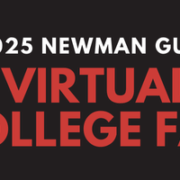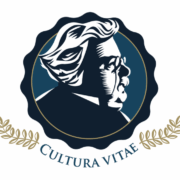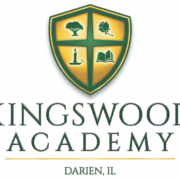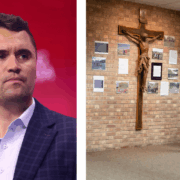Thanks to the support of friends like you, I see many hopeful signs of a “Second Spring” in Catholic education, but we can’t ignore ongoing problems. That’s why we’re launching a new e-mail series for CNS members: “NOT in The Newman Guide!” (If you aren’t getting our emails, sign up using the enclosed form or at our website.)
With your help, we’ll expose egregious failures in Catholic education, like DePaul University’s support for a pro-abortion student club affiliated with Planned Parenthood. In the spring, DePaul suddenly banned the club, rightly declaring it violates DePaul’s “Catholic, Vincentian values,” but officials have since encouraged restarting the club without PP. So much for Catholic values!
Meanwhile, in July, a Georgetown University-funded publication, The Georgetown Voice, celebrated “abortion doulas” who assist women during abortions. Georgetown University nursing professor Christina Marea is quoted praising the practice as “beautiful” and lamenting cuts to federal funding for abortions.
Another Jesuit institution, the University of Scranton, has proudly hired pro-abortion former Sen. Bob Casey to teach and mentor students. St. Ignatius, pray for us!
Continue reading…
…Read the previous article.
View the entire Programs Report as a PDF.








